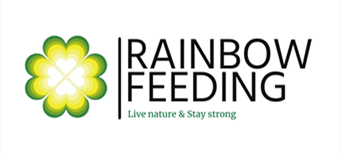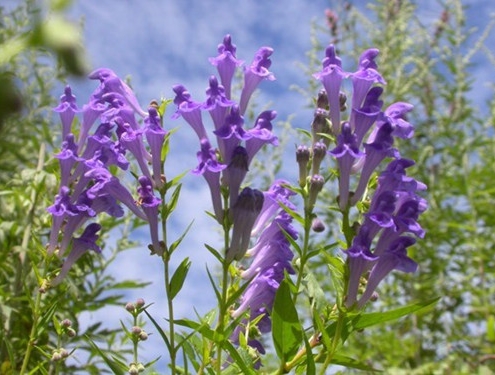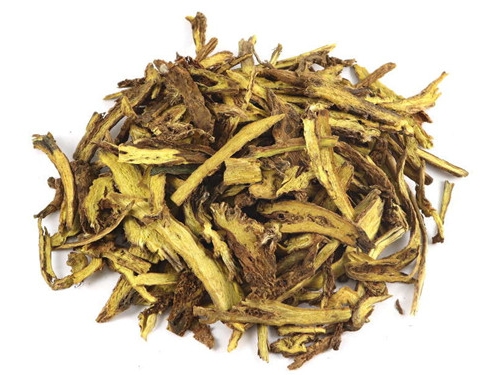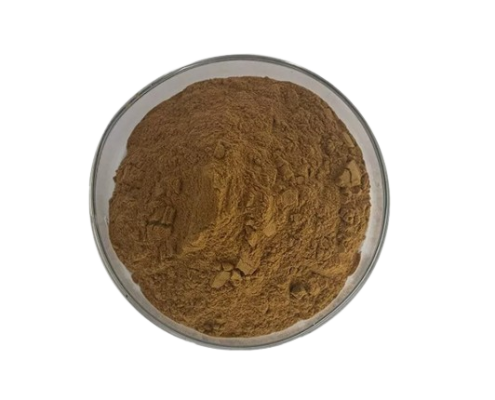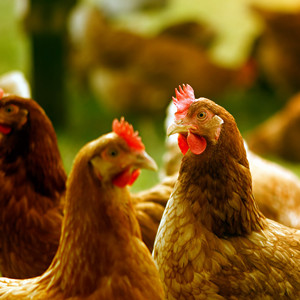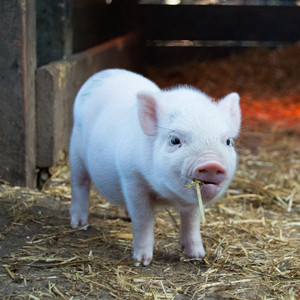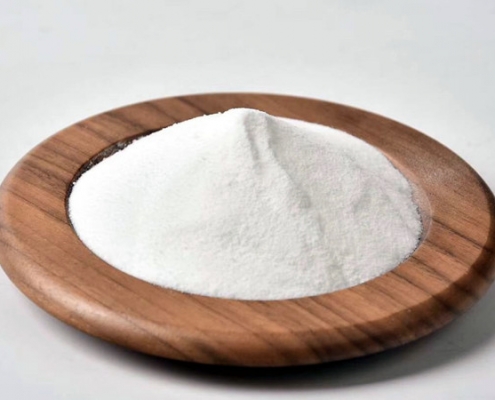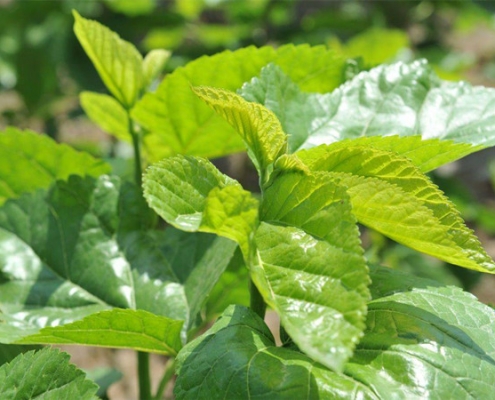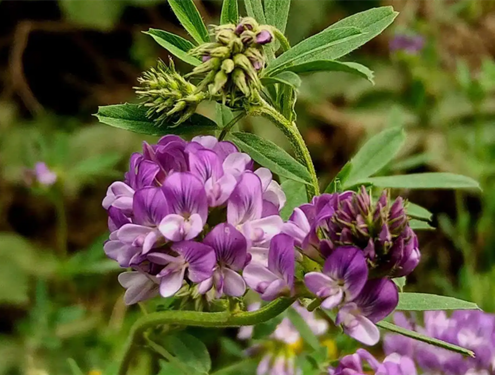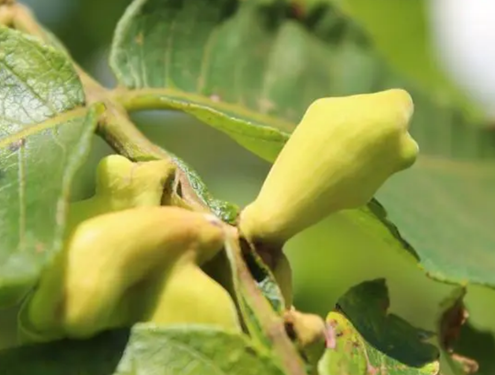Huang Qin has been used in traditional Chinese medicine for several centuries. The root contains flavones, which help to soothe the skin and help to calm the nervous system and reduce anxiety. Furthermore, they are important antioxidants. The antioxidants protect the body from free radical damage, which cause oxidative stress, which is associated with various chronic diseases. In vitro and in vivo studies, S. baicalensis has shown anti-tumor activity against leukemia, lymphoma, and acute myeloid leukemia cells.
Drug residues such as antibiotics in animal production have always restricted the healthy development of animal husbandry. Therefore, seeking efficient and residue-free green additives has always been the direction of continuous efforts of scientific researchers. Baicalin has been widely used in animal husbandry production because of its good heat-clearing, anti-oxidation, immunity-enhancing functions, and does not cause animal resistance.
Poultry
Adding baicalin to laying hens not only improves the egg production rate, but also significantly increases the total protein, protein concentration, blood sugar, blood lipids, calcium, potassium, triiodothyronine, thyroxine and other indicators in the serum of laying hens, increases the activity of alkaline phosphatase, and reduces the activity of serum aspartate aminotransferase, alanine aminotransferase, lactate dehydrogenase, creatine phosphokinase and cortisol content.
Adding baicalin, an extract of Scutellaria baicalensis, to the feed of laying hens can significantly reduce the incidence, mortality and infection rate, increase feed intake, promote the growth of broilers, and improve the intestinal microbial flora. The effect of adding 10mg/kg is better.
Swine
Adding baicalin to pig feed can increase feed intake and promote growth, reduce diarrhea rate, and inhibit the differentiation of pig precursor adipocytes. The effect of adding 15% is better.
Ruminants
Studies have found that adding Chinese herbal additives containing baicalin to dairy cow feed can effectively alleviate the adverse effects of heat stress on dairy cows without affecting the quality of milk. The effect of a Chinese herbal medicine formula containing baicalin on the lactation performance of heat-stressed dairy cows showed that the experimental group produced 1.08 kg more milk per cow per day than the control group, an increase of 8. 81%; the milk fat rate and milk protein content of the experimental group were 6. 32% and 16.61% higher than those of the control group, respectively. In addition, baicalin is also widely used to treat cattle diarrhea, enteritis, mastitis and other diseases, and has a certain auxiliary effect on the implantation of dairy cow embryos.
